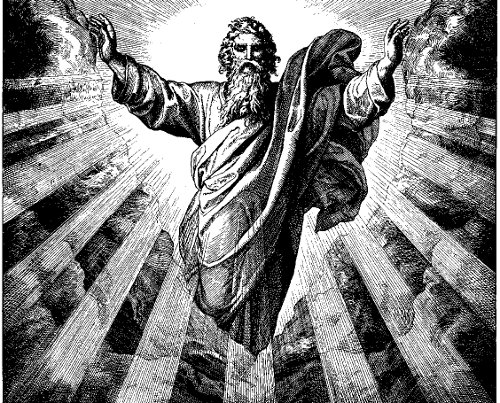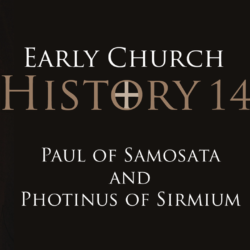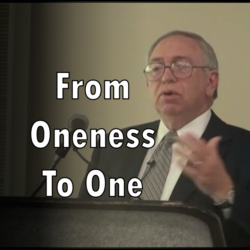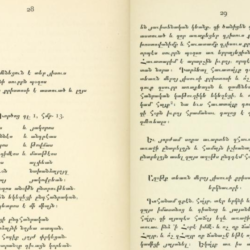Have you heard of Claude of Savoy? He was a bold witness to God’s oneness in the 16th century, even spending a month in Wittenberg in 1535 trying to convert Martin Luther. He wrote this fascinating theological summary:
“The Lord thy God is one.” Whence then are there two others? particularly since it is written [Rom. 11:34]: “Who hath been his counselor?” That man alone, whom Mary conceived and brought forth, is called Jesus, which is proved [by Luke 1:31 -32]: “Behold thou wilt conceive and bring forth a son and thou shalt call his name Jesus; and he will be called great and the Son of the Most High.” Who therefore is so holy, so great, who is called the Son of God, but he who was conceived in the womb of the Virgin and born?
Therefore a Christian should acknowledge none other to be the Son of God than him whom Scripture so declares. Behold, the same man, the first born of Mary, is called the Savior and not some divinity of Christ. He is declared to have saved us by his blood, not by his divinity. For this reason he himself says of himself [John 6:54]: “who eats my flesh and drinks my blood has eternal life.” He does not say. “who eats my deity.” Therefore I am not held to eat the deity of Christ but rather his flesh and to drink his blood.
They blaspheme therefore who say of the Virgin that she is the Mother of God. For she did not bear God but Christ. If heaven and earth cannot contain God, how much the less the womb of a woman. In any case, if Jesus were thus divided into God and Man, the Virgin would not be the Mother of Christ, but only of a part of him.
Observe also the expression “this day” [I have begotten thee: Ps. 2:7; Acts 13:33; Heb. 1:5, 5:5], which indicates a definite time. He was not, therefore, begotten eternally of the Father, as they [the orthodox] falsely imagine. But when came the fullness of time he sent his Son made of woman. Therefore he is precisely called the Son of God, who is made of woman.
The Father gives testimony concerning him [cf. Matt. 3:17]: “This is my Son with whom I am well pleased.” Concerning whom is this said, unless it be about him who had been baptized? For surely the divinity of Christ is not said to have been baptized, but only the man was shown forth. Again [John 1:29]: “Behold the Lamb who taketh away the sins of the world.” In that he is said to be a Lamb, nothing of deity is included, but exactly what is appropriate for sacrifice. It is also sufficiently shown, by the declaration [Heb. 2:16]: “he took not on him (assumpsit) the nature of angels, but he took on the seed of Abraham” that the Father, wishing to reconcile the world to himself, willed to do this by a creature and by blood, and not by any divinity. But the Father was in him through the plenitude of the Spirit reconciling himself to the world. It is not said that he assumed some divinity of the Son, which had existed from eternity, but only the seed of Abraham.
I confess, however, that Jesus Christ is God in that manner in which he himself said that he was. If he [in John 10:35] called those gods, to whom the Word of God came, how much more is he God, whom the Father sanctified, who received the Holy Spirit above his fellows [Heb. 1:9], so that all might receive it through him from the Father.
I believe in God, the Father Almighty, the Creator of heaven and earth, and that he alone was from eternity; and in Jesus Christ, his only Son, our Lord, who was conceived of the Holy Spirit and born of a Virgin, and at a given time, but therefore precisely not from eternity. Therefore I believe also in the Spirit, but not in God the Holy Spirit. In short, I do not believe that three persons are one God, but I know that they are three men (homines). Three persons are three men, and not one God.
George Williams, The Radical Reformation (Kirksville, MO: 2000 Truman University Press), pp. 470-2.
What do you make of this statement? Where do you agree or disagree with it? Would Claude of Savoy be welcome into fellowship with you or your group today?
For more information, see Podcast 120: Unitarian Trailblazers







